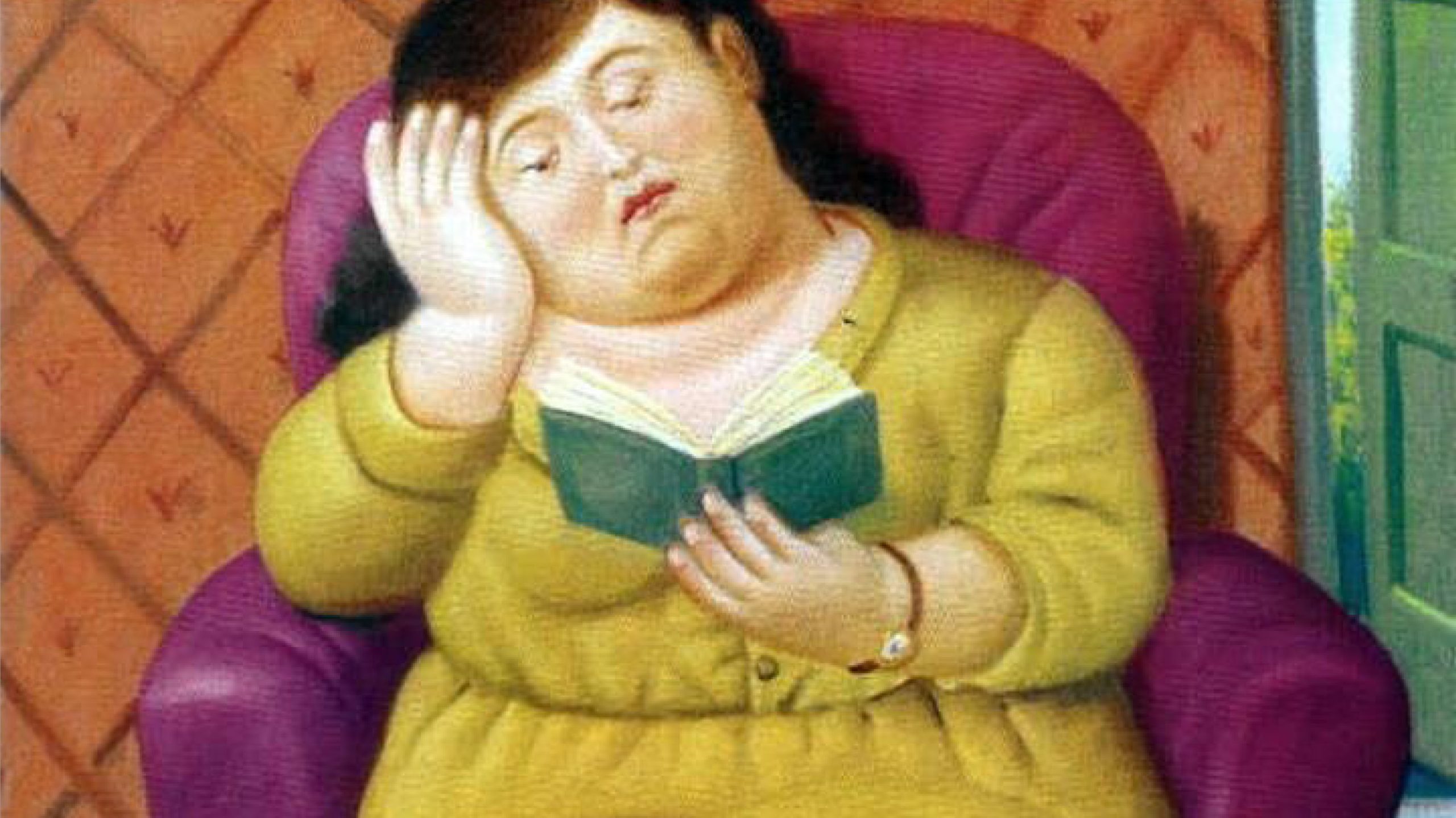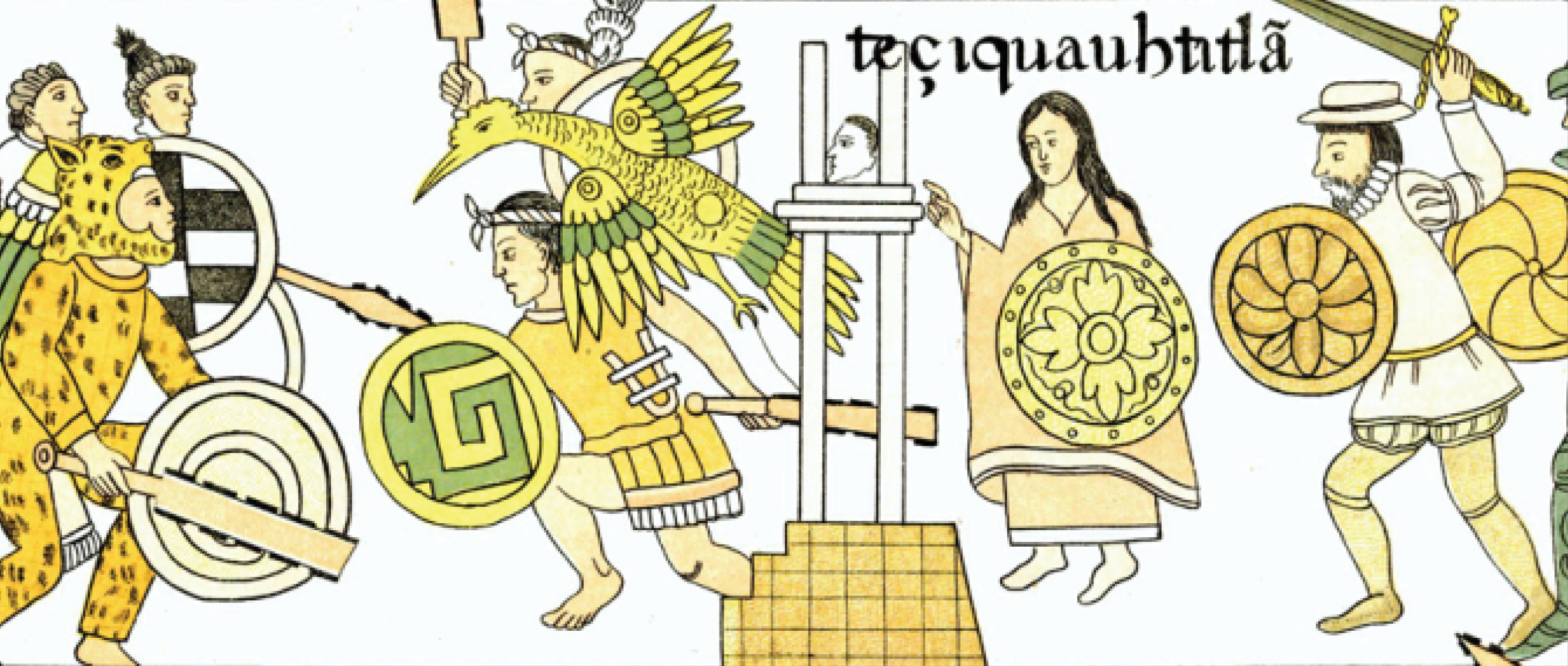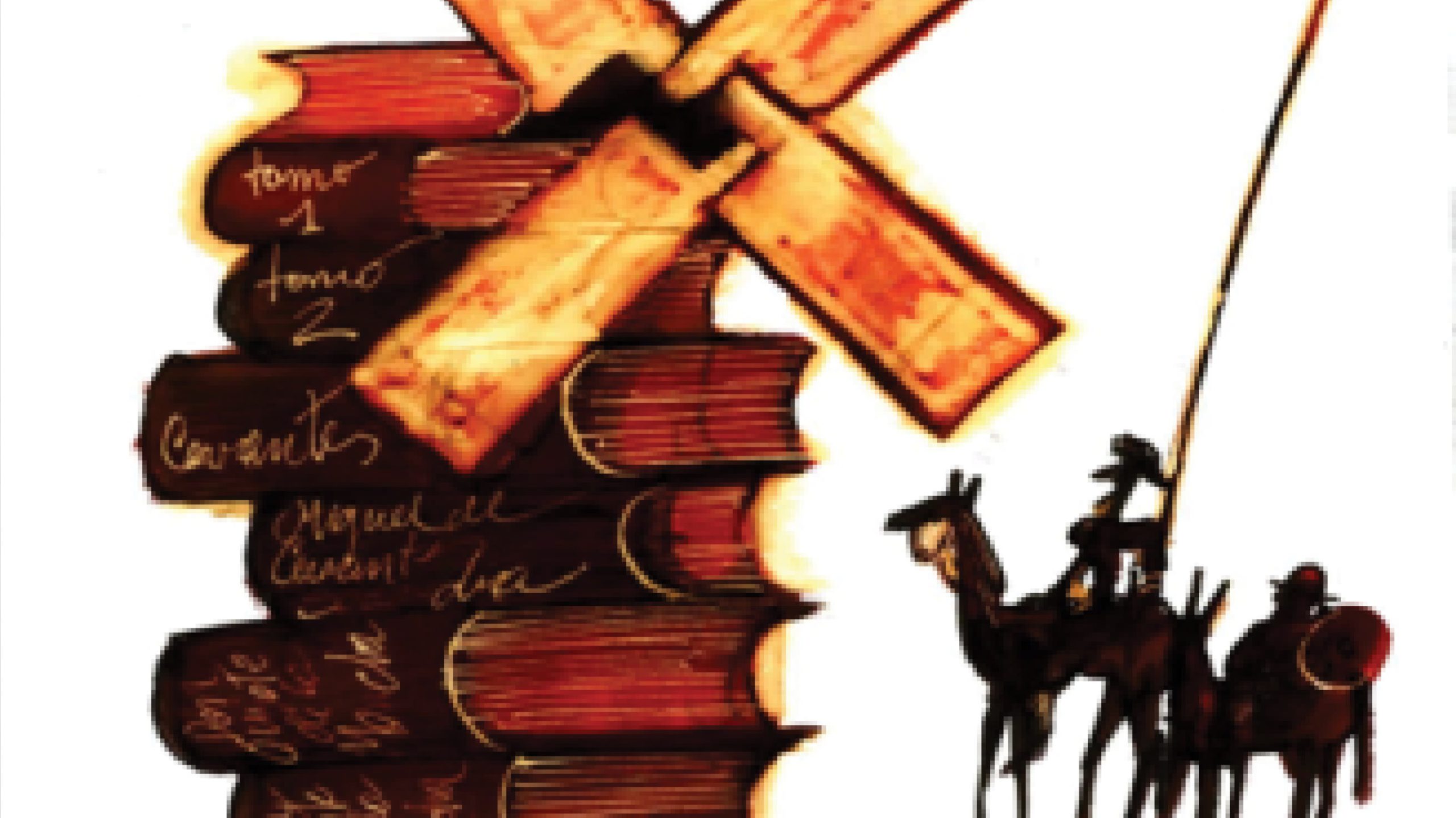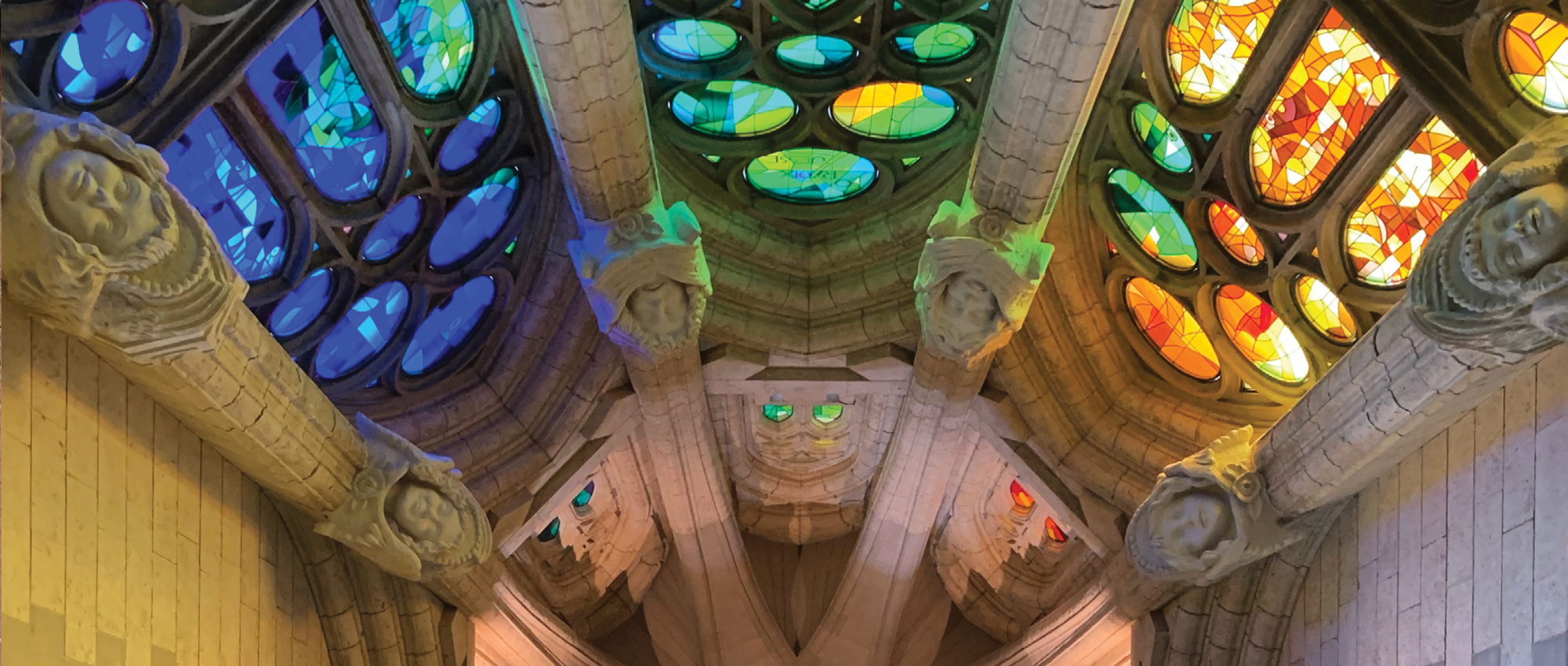Upper Intermediate Spanish II
Spanish 402 is the next level of language proficiency for those who have completed Span 302, 401, or have an equivalent language competence, and for bilingual students.
With an approach that is communicative and interactive, Span 402 fosters experiential learning and critical reflection through reflection, collaboration, creative writing and community engagement. It aims to refine the skills acquired in Span 302, while broadening students’ knowledge of the Spanish language and the Hispanic world. The course concentrates on key linguistic and contextual concepts, methods, and approaches of discourse analysis, as well as metalinguistic reflection and creative writing exercises.
Students will have the opportunity to consolidate and expand their language and communicative proficiency (speaking, listening, reading, and writing) skills as well as intercultural competencies and creativity. Through the exploration of complex aspects of the language from a discursive perspective, beyond the sentence level, students will delve into syntactic, morphological, and semantic resources through various discursive genres, including literature, criticism, and journalism, practice in academic writing, critical discussions of reading and audiovisual materials
Span 402 gives student the opportunity to put into practice what they learn hands on by engaging actively with the Spanish speaking community, locally and abroad, developing projects through Spanish for Community.
The reading and audiovisual materials are freely accessible online. Instead of a final exam, students will submit a portfolio showcasing best examples of their course work and self reflection. Prerequisites for the course include completion of Span 302, 401, or an equivalent level with permission from the instructor.
The course is focused on:
- Grammatical analysis, vocabulary enrichment, and socio-cultural competency using a wide variety of authentic documents from the Spanish-speaking world, including literature, criticism, journalism, and more.
- Deep understanding of both concrete and abstract topics in complex written and oral texts.
- Researching and synthesizing relevant resources.
- Producing clear, adequate, nuanced, and well-structured written and oral communication on a range of topics, utilizing critical thinking, creativity, and rhetorical strategies.
- Fostering learner autonomy and self-reflection.
- Applying communicative skills in real contexts by engaging and collaborating with the Hispanic community.
Learning objectives include:
- Expanding the capacity for reflective analysis of linguistic and stylistic mechanisms in the production of literary and non-literary texts.
- Distinguishing and utilizing complex grammatical resources in written and oral communication within specific contexts.
- Applying strategies of academic writing to create coherent, cohesive, and appropriate argumentative texts, while recognizing different levels of formality and lexical specificity.
- Practicing comprehensive reading and interpreting literary and non-literary texts critically.
- Extracting specific information from bibliographic sources.
Developing communication skills and critical thinking skills for addressing social issues and/or for enriching community life though community engaged language projects.
Prerequisite: SPAN 302 or equivalent expertise in written and spoken Spanish.
Language of instruction: Spanish





